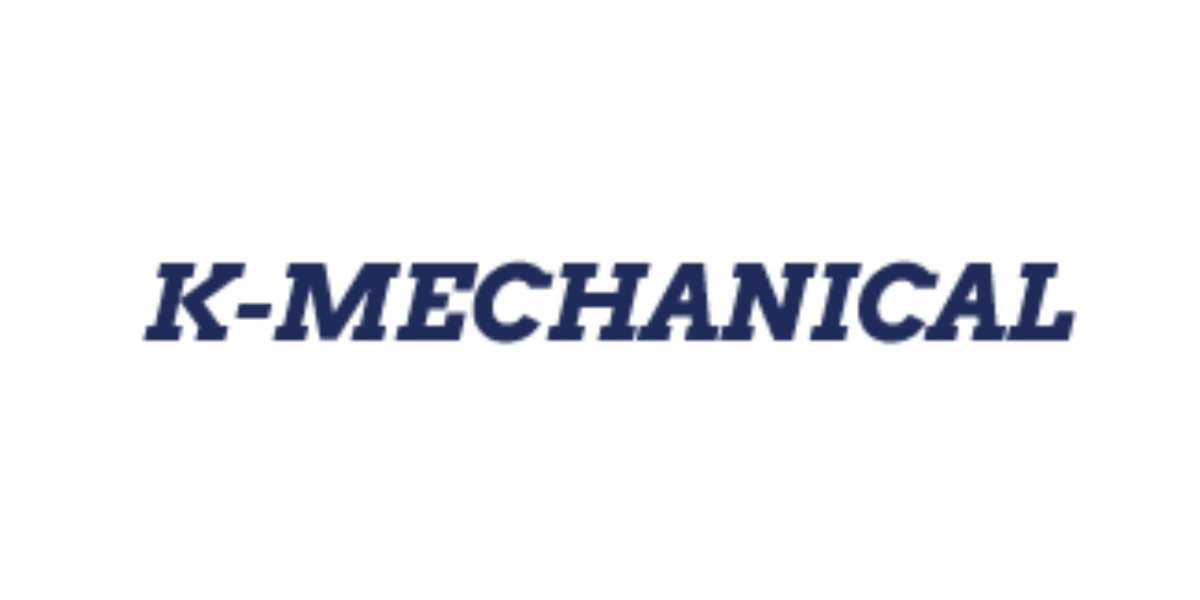Introduction to Glass-Lined Reactors
Glass-lined reactors, often referred to as glass-lined steel reactor, are widely used in various industries, including pharmaceuticals, chemicals, and food processing. These reactors are highly durable and resistant to corrosion, making them ideal for processes that involve corrosive substances or require strict purity standards. The glass lining acts as a protective barrier between the steel body of the reactor and the substances inside, preventing contamination and prolonging the lifespan of the equipment.
What are Glass-Lined Reactors?
A glass-lined reactor is essentially a steel vessel coated on the interior with a layer of glass. This glass layer is fused to the steel surface under high temperatures, creating a smooth, non-reactive lining that is highly resistant to chemical attack. The result is a reactor that combines the strength of steel with the chemical resistance of glass, making it suitable for handling highly corrosive substances.
Glass-Lined Reactor Advantages and Disadvantages of
The key advantages of glass-lined reactor include their excellent corrosion resistance, high durability, and ability to withstand a wide range of temperatures and pressures. They are also relatively easy to clean and maintain, provided proper care is taken. On the downside, glass-lined reactors can be expensive to manufacture and repair. The glass lining is fragile and can be damaged if the reactor is subjected to mechanical shock or extreme temperature changes. Additionally, the manufacturing process is complex, requiring specialized equipment and expertise.
Applications of Glass-Lined Reactors
Glass-lined reactors are used in various applications where chemical resistance is critical. They are commonly employed in the production of pharmaceuticals, where purity and contamination prevention are paramount. In the chemical industry, these reactors are used for processes involving acids, alkalis, and other corrosive substances. The food industry also utilizes glass-lined reactors for processing acidic foods and beverages.
Conclusion
Glass-lined reactors play a crucial role in many industrial processes, offering a combination of durability, chemical resistance, and purity that is difficult to achieve with other types of reactors. While they do have some limitations, the benefits they provide make them an essential piece of equipment in industries where corrosion resistance and product purity are of the utmost importance.







